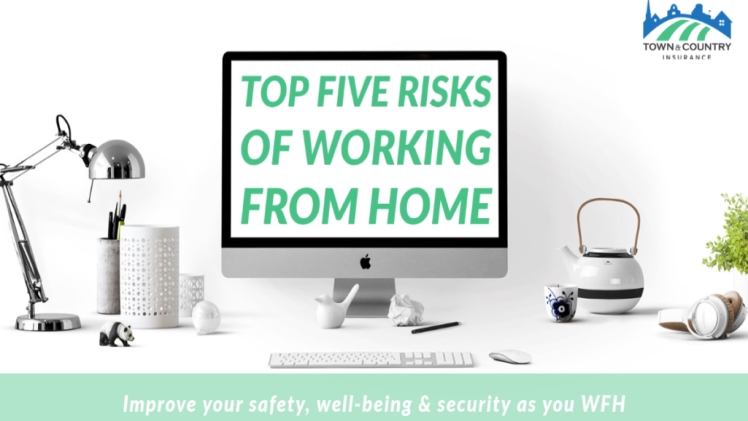During the pandemic, most of us had to work from home due to the social distancing regulations. However, little did the world know that it was in for a bigger surprise than coronavirus.
During the year 2020 alone, and just after remote working became the norm, Barracuda Networks said that the rise in malicious phishing was 667%.
That could have been due to many reasons, mainly because employees admitted that they picked bad cybersecurity habits while working remotely.
Another reason is moving the data of the company to personal emails and discussing business through them. That is due to the weak security of personal emails compared to those of work-related emails.
The Risks of Remote Working
Employees worldwide were faced with risks that threatened the security of the data they work with.
- Phishing Emails: The scheme that threatened the security of businesses and individuals was phishing emails. Attackers sent emails regarding Covid-19 to trick people into clicking on links or downloading media. Until this day, attackers use Covid-related topics, like vaccines, to phish people. Because people are desperate for the pandemic to end, it can get really easy for attackers to hack them.
- Weak Passwords: Most people will find it more convenient to use simple passwords that are easy to remember. The scary thing is that these passwords are also easy to guess and hack into.
- Insecure Home Network: While business-owned laptops are secured from threats most of the time, home routers of employees are seldom protected. It can be easy to breach data through unpatched routers. The same risks are rarely seen at companies because they protect their networks with a strong firewall, but that’s not the case with individuals.
- Unencrypted File Sharing: While companies may encrypt the data on their devices, they rarely think of encrypting them while transmitting them from one device to another. Hackers can easily intercept this information.
- Personal Smart Devices: Not many people think to encrypt and secure their smartphones. This underestimation of phone security can put them at risk of having their voicemails and phone calls hacked and listened to by attackers, consequently leading to serious data theft.
What Can Be Done to Protect Your Business?
While most people think they can’t be a target of phishing schemes and ransomware attacks, they are most likely wrong. Cybercriminals will find about anyone to scam and threaten in exchange for money.
That is why taking precautions is always best to protect yourself before the attack happens.
There are many ways in which you can protect your data, including but not limited to:
- Using a trustworthy antivirus: An antivirus will be quick to detect and block malicious malware. This will protect your device before it can become vulnerable to attacks. We recommend that you go through this Totalav VS Avast comparison article to know more details on the best antivirus software to use while working remotely.
- Use a strong VPN: A strong VPN will encrypt your data so that it can be useless for hackers even if they access it. Although most VPNs, like Elitetorrent, are commonly used to bypass geo-restrictions, this isn’t their only purpose. VPNs are good for encrypting your data while they’re being transferred from one device to another.
- Use a secure browser: A good, secure browser will protect you from phishing attempts. This is because it will block any malicious ads and scan to check if your accounts were recently hacked or not. In a comparison article between the two most popular browsers, Avast Secure Browser VS Chrome, Several.com points out the most important features for your browser to have.
- visit here to know more information :cyclicmint

